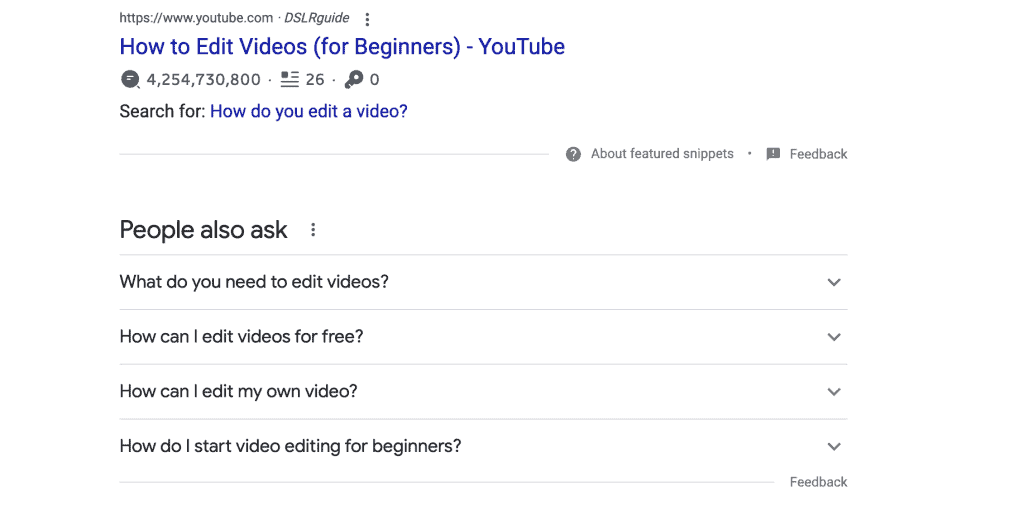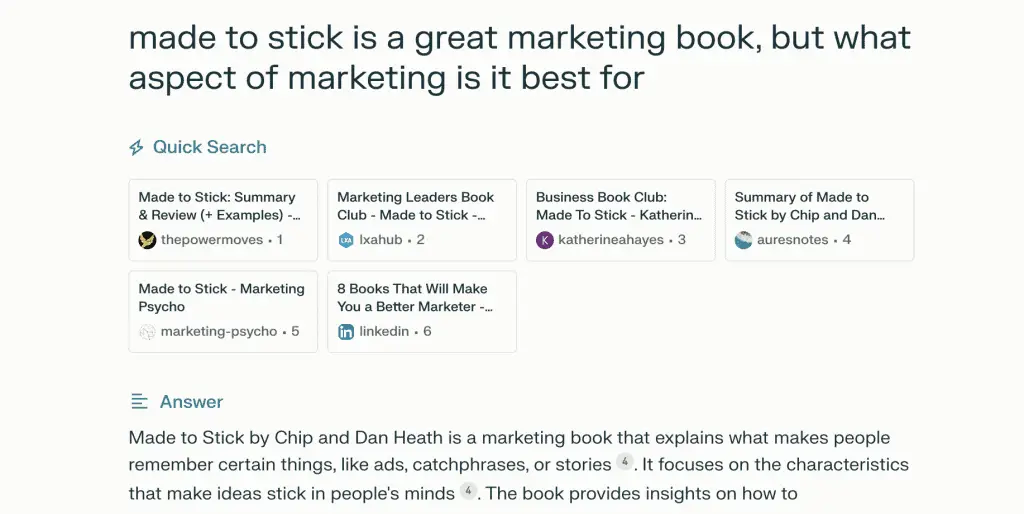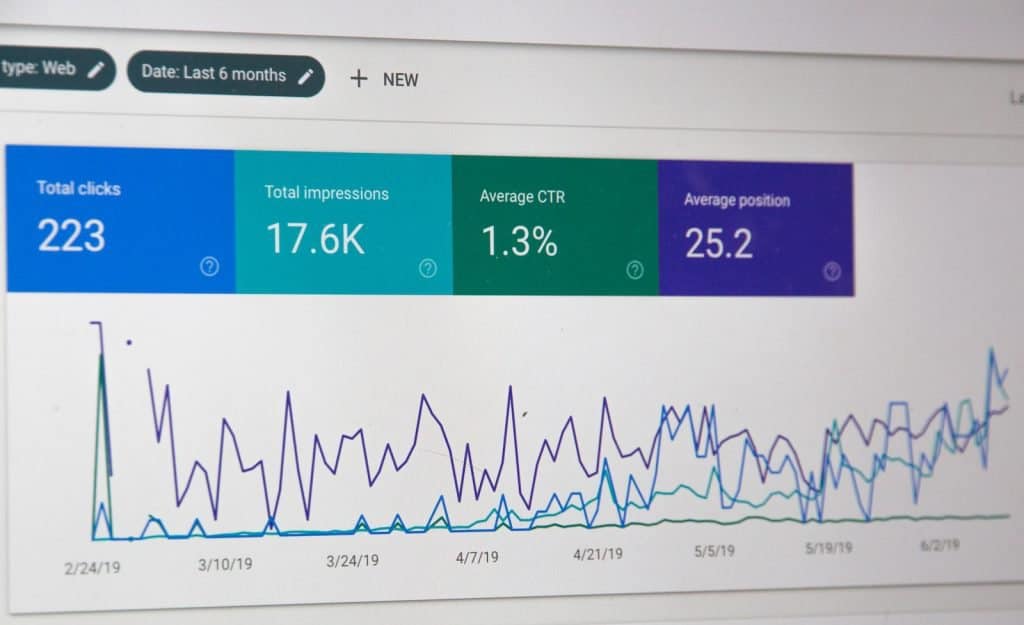In This Article

More changes on the way for Google SERP – here’s what you have to know and what to do about it.
Google is shaking things up again in the search engine landscape. But let’s be real, Google’s always up to something, right? This time, it’s all about simplifying their Search Engine Results Pages (SERPs).
Don’t kid yourself — Google SERP matters, and when they make a change, you bet it’s going to impact your business — sometimes in a good way, and sometimes not.
Search Engine Land, the best place to get the most credible information on what Google is up to lays out the details. But it’s a little techy, so I’m going to break it down in a way that will help you plan for what’s most likely to happen next and impact your business.
Understanding the Recent Changes in Google SERP
Google’s always been a bit of a mystery box, but one thing’s for sure: they’re on a mission to simplify their Search Engine Results Pages (SERPs). Recently, they’ve removed HowTo and FAQ rich results, leaving many entrepreneurs scratching their heads. So, what’s the deal?
The Removal of HowTo and FAQ Rich Results from Google SERP
First off, let’s talk about these rich results that have gone MIA. HowTo and FAQ rich results were those snazzy boxes that appeared on the search page, giving users quick answers without having to click on a website. Sounds useful, right? Well, Google decided to pull the plug on them. The reason? They’re focusing on features that users actually find useful.

Google’s Focus on Simplifying Search Results
Gary Illyes from Google spilled the beans at a recent conference. The goal isn’t to make room for some fancy AI-powered answers or anything like that. Nope, it’s all about making the search results look clean and user-friendly. So, if you were relying on these rich results to drive website traffic, it’s time to rethink your strategy.
What This Means for Small Businesses
If you’re a small business owner, you might be thinking, “Great, one more thing to worry about.” But hold on a sec. This could actually be a good thing. With Google SERP removing features that don’t add value, it levels the playing field. Now, it’s all about the quality of your content, not just SEO tricks.
What hasn’t changed and what will never change
When I first started blogging back in 2008 I got a single piece of advice that has consistently benefited me and my site and has never changed regardless of what Google does.
“Always write for your reader.”
While this doesn’t mean you should ignore SEO or trends happening in Google search engine land, it means that when you stay focused on serving your audience, you will attract the best, most interested traffic.
AI search can actually drive more interested traffic to your site
I’ve been using and playing with Perplexity.ai, an AI search engine tool where you enter your search or question or whatever you’re trying to do and it searches the web, writes a complete summary and gives you the source links.

In other words, it’s just like Google’s SERP. You’d think that this would seriously impact the amount of traffic you get to your website.
And it will — but it will weed out the “tire-kicker” traffic. It will weed out the unqualified leads.
Instead, you’ll get the traffic from people who are deeply interested in your content.
Why Google is Simplifying SERP

Alright, so we’ve established that Google is on a decluttering spree with its SERPs. But why? Why would they remove features that, at least on the surface, seemed pretty darn useful? Let’s dig in.
The Goal of a Cleaner User Experience
Google’s endgame has always been to make life easier for the user. Think about it; when you’re searching for something, you want quick, relevant answers, not a cluttered mess of options that make your head spin. By simplifying the SERPs, Google aims to deliver a cleaner, more streamlined user experience. And let’s be honest, who doesn’t appreciate a little simplicity in this complex digital world?
Features That Are Being Phased Out
It’s not just HowTo and FAQ rich results that got the axe. Google has also made changes to video thumbnails and reduced the visibility of other rich results. The message is clear: if a feature isn’t pulling its weight in terms of user engagement, it’s out.
How This Aligns with Google’s Long-Term Vision
Gary Illyes wasn’t just talking off the cuff; this is part of a bigger picture. Google’s vision for the future seems to be evolving away from the traditional idea of “10 blue links” on the search page. While those links have been a stable element for years, Google is clearly open to change if it serves the user better.
So, what’s the takeaway here? Google is in it for the long haul to make SERPs as user-friendly as possible. And that means you should be, too.
How to Adapt Your SEO Strategy for the New Google SERP
Okay, so Google’s changing the rules of the game—again. But instead of throwing your hands up in frustration, let’s channel that energy into adapting your SEO strategy. Because let’s face it, staying ahead of Google’s ever-changing algorithms is like trying to catch a greased pig—you’ve got to be quick and agile. Here’s how to do it.
Importance of Original, Helpful Content
You’ve heard it a million times: content is king. But now, more than ever, it’s crucial to focus on creating original, helpful content that speaks directly to your audience’s needs. Forget about gaming the system with SEO tricks; Google’s getting smarter, and they’re rewarding quality over gimmicks.
Why You Shouldn’t Rely Solely on Short-Lived Search Features
Remember those HowTo and FAQ rich results we talked about? Yeah, those were nice, but they were also short-lived. The lesson here is not to put all your eggs in one basket. Diversify your SEO strategy to include evergreen tactics that stand the test of time, like backlinking and on-page optimization.
Tips for Staying Ahead in the Ever-Changing Google SERP Landscape
- Monitor Algorithm Updates: Keep an eye on Google’s announcements and adapt accordingly.
- User Experience is Key: Make sure your site is mobile-friendly, fast, and easy to navigate.
- Long-Tail Keywords: These are your best friends for capturing high-intent traffic.
- Local SEO: Don’t underestimate the power of local search, especially if you’re a brick-and-mortar business.
By staying agile and focusing on what really matters—providing value to your audience—you’ll not only survive but thrive in this new SERP environment.